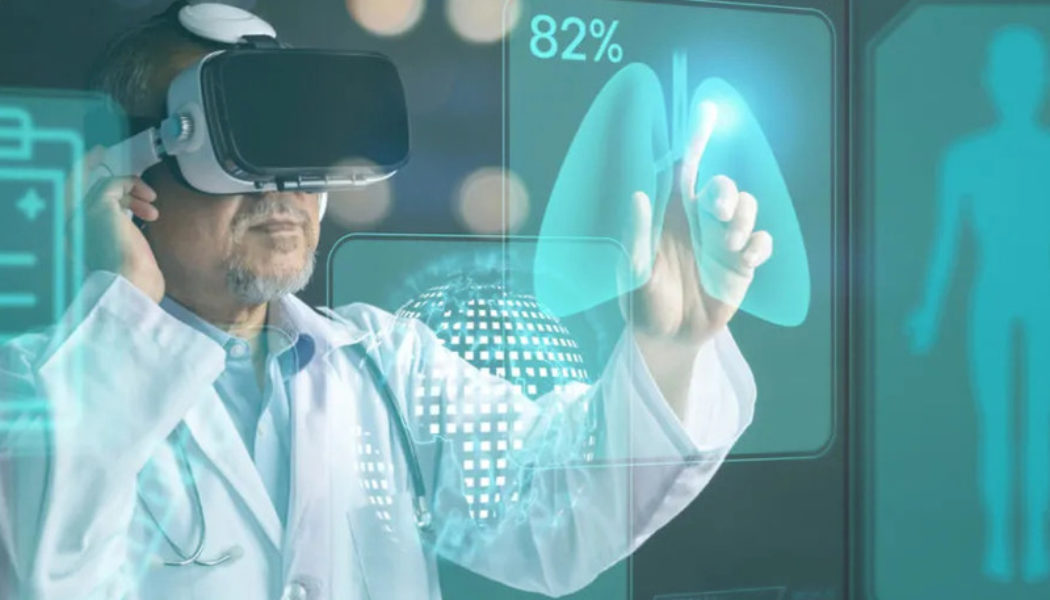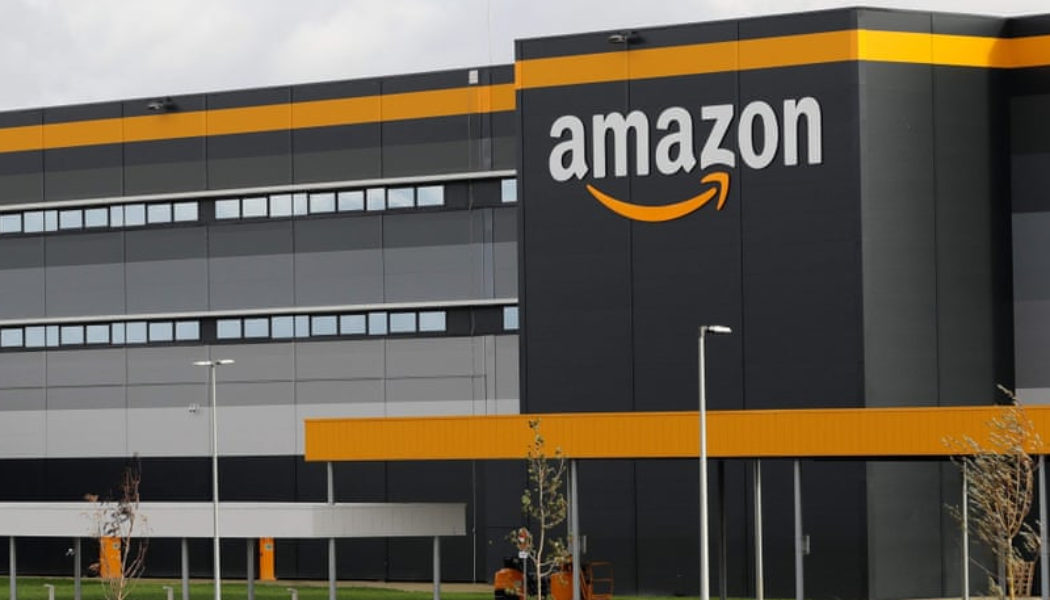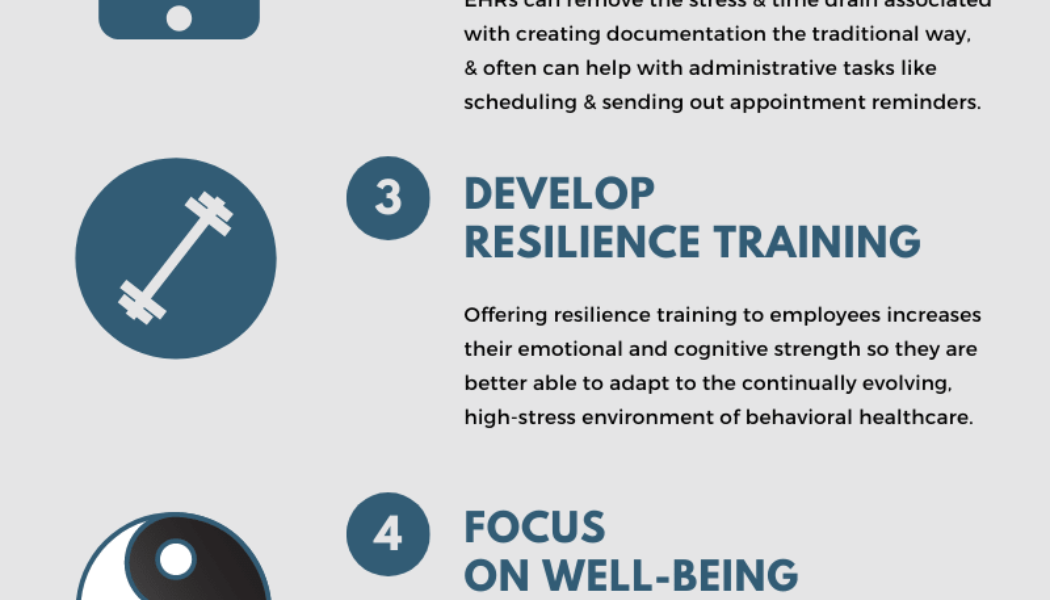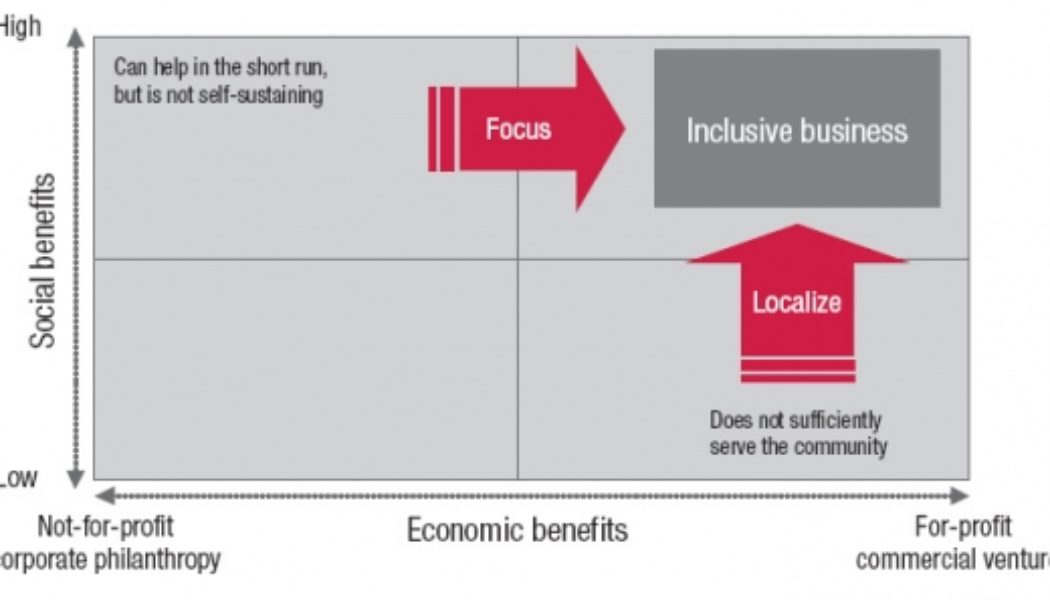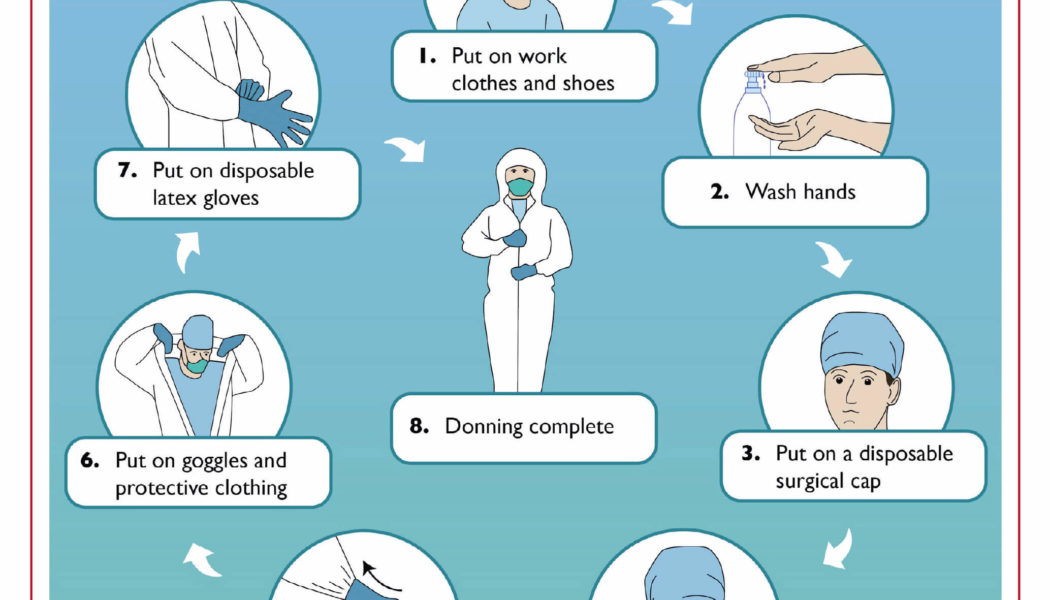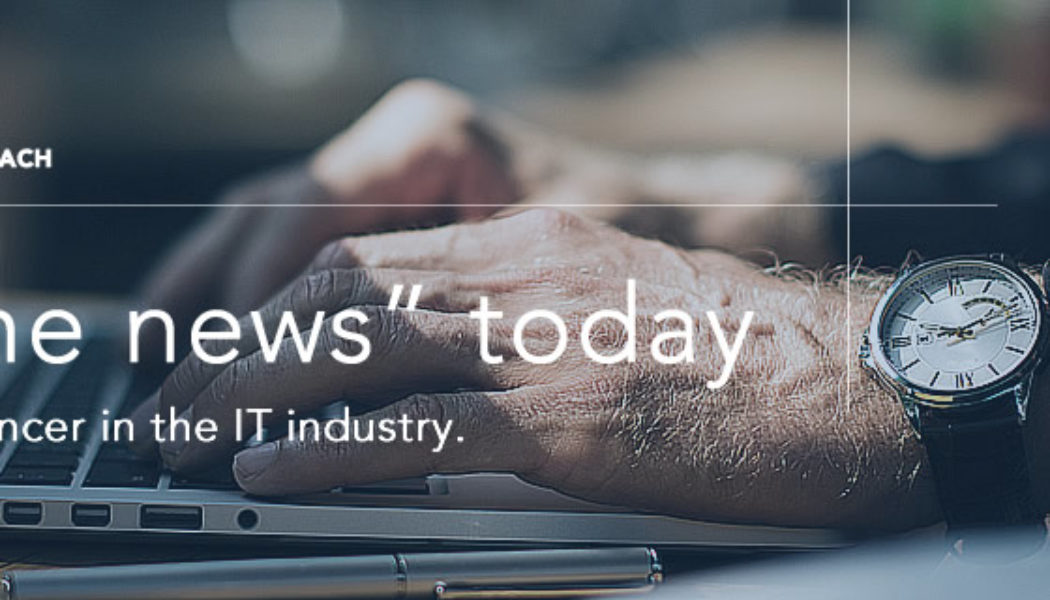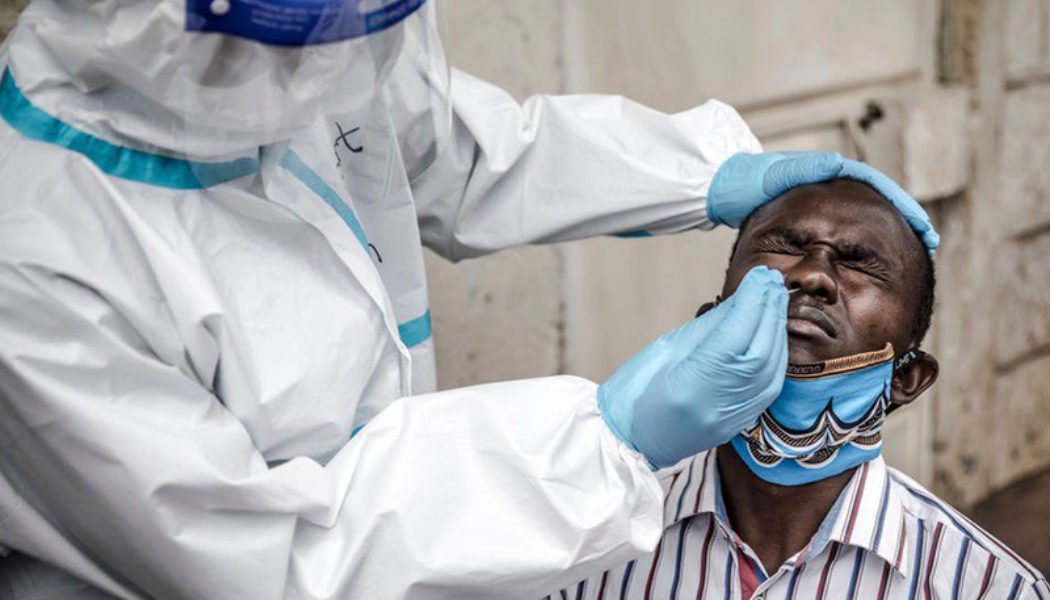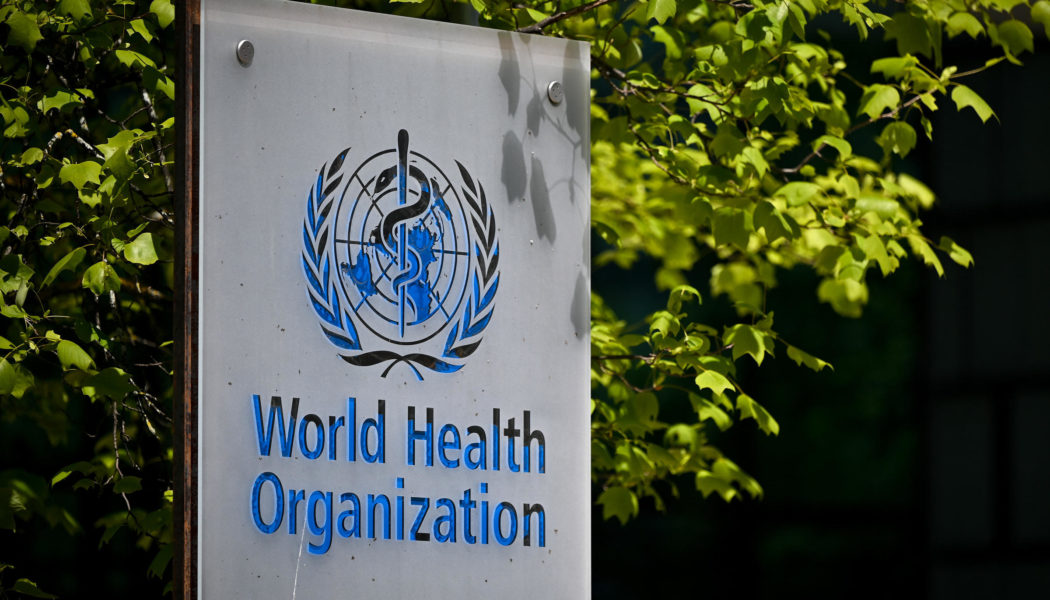healthcare tech
Why the Healthcare Sector Must Prioritise Modern Data Protection
Image sourced from Healthcare Finance. The pandemic has put a significant strain on all industry sectors none more so than in healthcare where there was a need to adopt more data-driven planning and decision-making at lightning speed. At a time when expanding remote care, telemedicine, and m-health initiatives have become the order of the day, the spotlight has turned to the safeguarding of sensitive information at a scale comparable to the financial services sector. This is for good reason. According to the ‘Veeam Top Trends in Data Protection, Healthcare Edition 2022’ report, 76% of global healthcare organisations had at least one ransomware attack in the last year. This has contributed to an almost 5% increase in data protection budgets that include backup, business continuity, and disa...
SA’s BrandMed Signs a Strategic Partnership with AWS for Health
We use cookies on our website to give you the most relevant experience by remembering your preferences and repeat visits. By clicking “Accept All”, you consent to the use of ALL the cookies. However, you may visit “Cookie Settings” to provide a controlled consent.
SMS Solutions Could Be Essential for an Inclusive Business Strategy
South African companies must take care not to inadvertently deepen the existing digital divide. Although COVID-19 and related lockdowns have accelerated a growing trend towards the digital economy such as artificial intelligence, in an unequal society such as South Africa, many consumers find it difficult to access data-intensive apps and processes. This makes it vital for local businesses to include different forms of technology in their business strategies to ensure their operations are running inclusively. An effective way to do this is by including SMS solutions in customer processes. Once seen as a luxury, mobile phones are now in the hands of 95% of South Africans, according to Geopoll, with data-hungry smartphones accounting for 91% of devices. However, data prices in South Africa a...
5 Crucial Steps to Getting a Suitable Health Care Policy
We use cookies on our website to give you the most relevant experience by remembering your preferences and repeat visits. By clicking “Accept All”, you consent to the use of ALL the cookies. However, you may visit “Cookie Settings” to provide a controlled consent. You Deserve to Make Money Even When you are looking for Dates Online. So we reimagined what a dating should be. It begins with giving you back power. Get to meet Beautiful people, chat and make money in the process. Earn rewards by chatting, sharing photos, blogging and help give users back their fair share of Internet revenue.
Addressing Data Storage Challenges in Healthcare Can Empower its Digital Transformation
Sourced from Getty Images. The healthcare industry has been one of the greatest beneficiaries of digital transformation in the last 12 months. Essential remote care services, critical real-time hyper-localised data in tracking pandemic trends, and the rapid rollout of a worldwide vaccine have been facilitated by digitalization. This growing reliance on digital operations brings with it vast amounts of data – according to IDC in May 2020, more than 59 zettabytes (ZB) of data would be created, captured, copied, and consumed in the world last year alone. This sudden and exponential increased digital demand has meant that the essential data infrastructure that healthcare relies on has come under enormous pressure and must handle critical data and workloads. At the same time, improvements in te...
AstraZeneca Partners with South African BrandMed to “Improve Treatment Outcomes, Patient Experience”
Image sourced from Market Watch. /* custom css */ .tdi_4_80c.td-a-rec-img{ text-align: left; }.tdi_4_80c.td-a-rec-img img{ margin: 0 auto 0 0; } The COVID-19 pandemic and the growing burden of non-communicable diseases (NCDs) have compelled healthcare stakeholders to explore new ways of improving health systems, stimulating the advancement of healthcare ecosystems that focus on enhancing the patient experience, improving treatment outcomes, while at the same time reducing expenses and treatment timelines. AstraZeneca South Africa Partners with BrandMed AstraZeneca South Africa announced this week that it will be providing sponsorship to BrandMed towards the establishment of fifteen BrandMed Syntro-P Health Centres of Excellence as part of its commitment to work towards a future where all p...
South Africa’s COVID-19 Variant Renamed to Avoid Discrimination
/* custom css */ .tdi_4_517.td-a-rec-img{ text-align: left; }.tdi_4_517.td-a-rec-img img{ margin: 0 auto 0 0; } The several mutated variants of the SARS-CoV-2 virus, otherwise known as COVID-19, will now be known according to letters of the Greek alphabet in order to avoid “stigmatization and discrimination”, according to the World Health Organisation (WHO). This new system will apply to the variants seen to be of most concern – the most severe of the four currently in circulation on Earth – and the second-level mutates of interest being tracked. Maria van Kerkhove, WHO’s COVID-19 technical lead, suggests that the new names will not replace the scientific names of the variants, but instead will be “aimed to help in public discussion.” /* custom css */ .tdi_3_c11.td-a-rec-img{ text-align: l...
- 1
- 2


